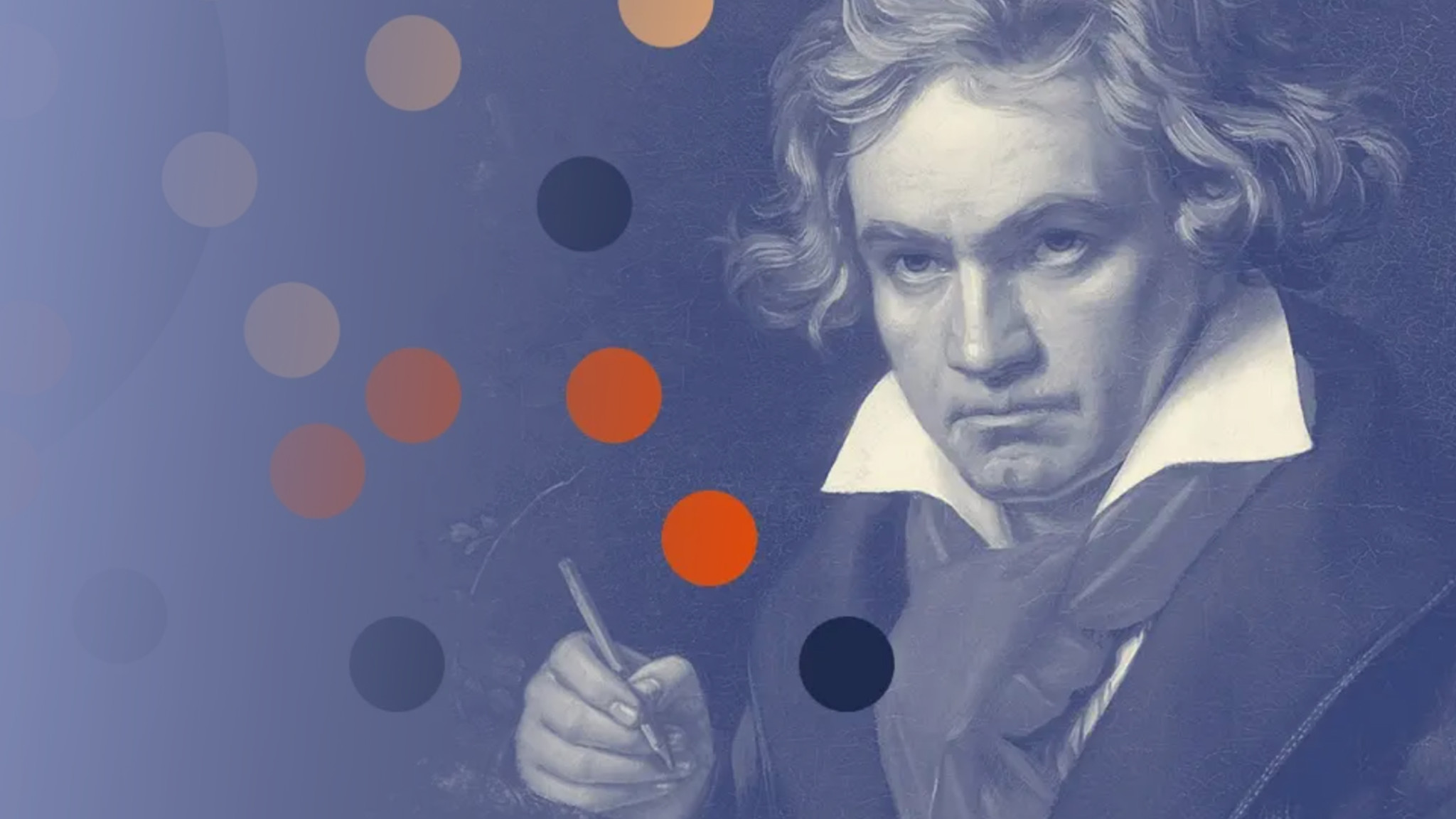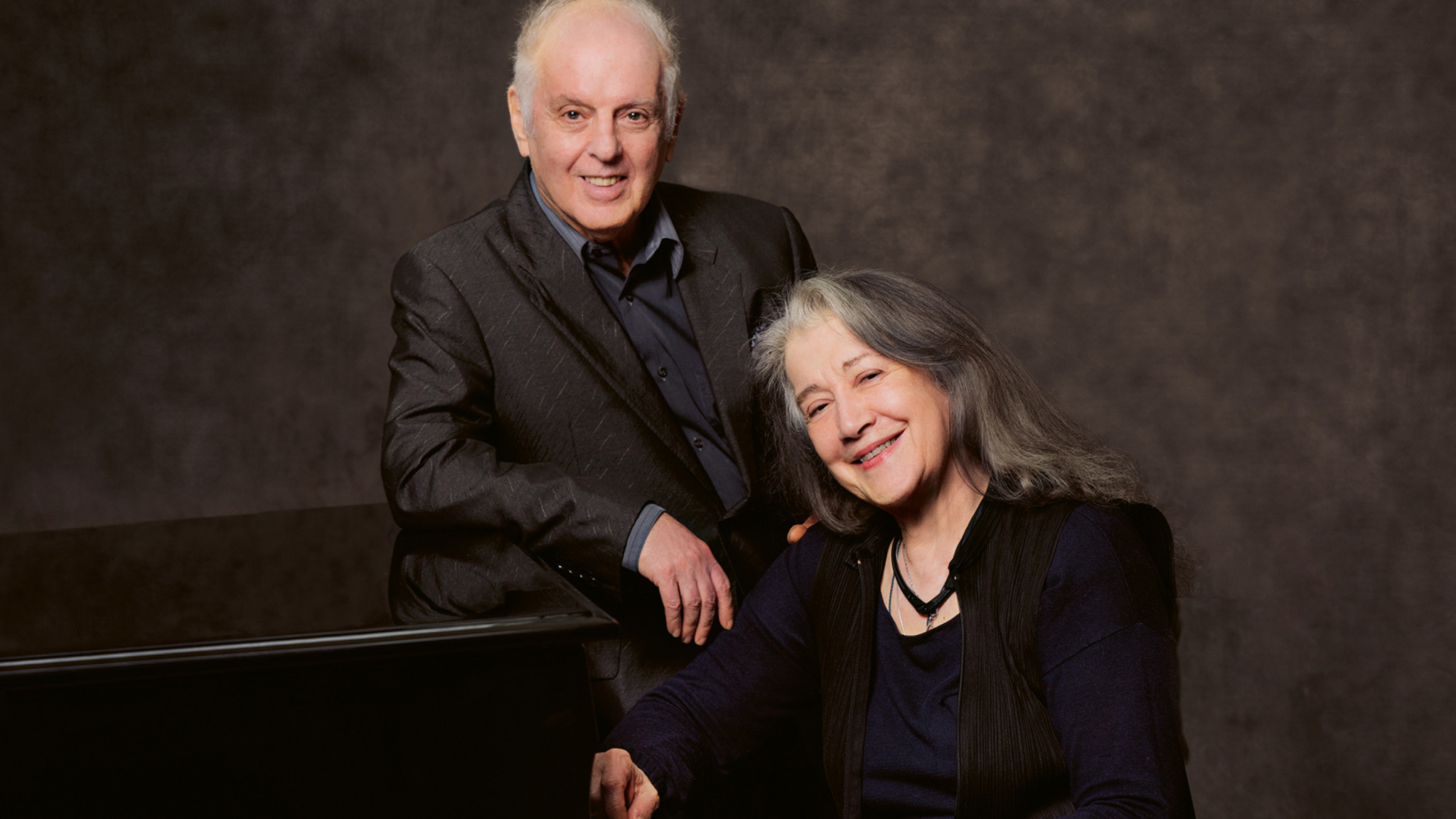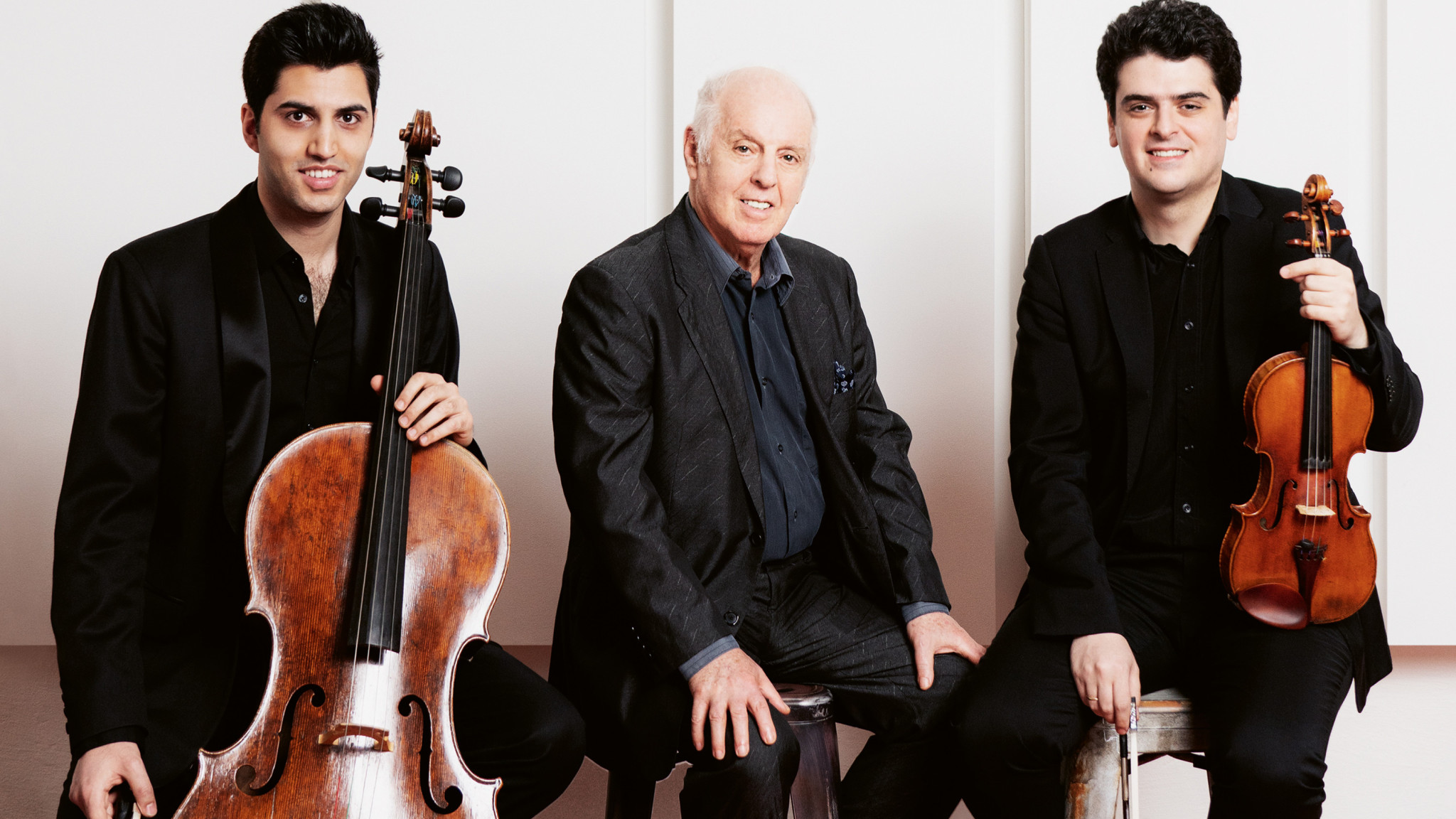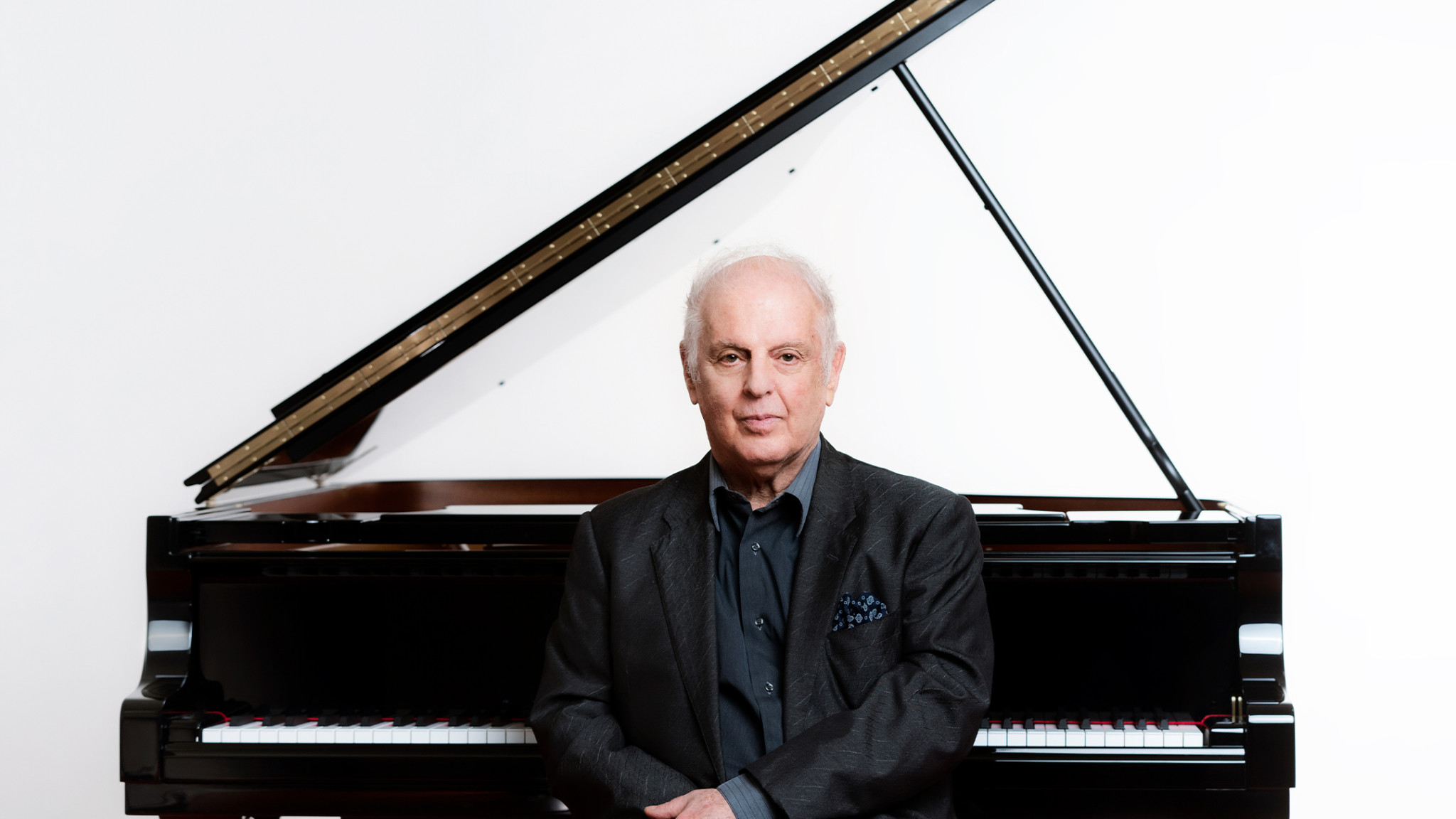Daniel Barenboim to release new recordings of the Complete Beethoven Sonatas & Diabelli Variations

“Barenboim’s Beethoven is uncompromising and filled with hidden depths, contrapuntally stirring, while at the same time rhapsodizing about the distant beloved with the tenderness of the gentlest of breaths.” (Anne-Sophie Mutter)
The uniquely influential artist Daniel Barenboim has been exploring Beethoven’s music for more than seven decades. Earlier this year he marked the 250th anniversary of the composer’s birth by recording the thirty-two piano sonatas and the Diabelli Variations at Berlin’s Pierre Boulez Saal for Deutsche Grammophon. 33 Metamorphoses – Complete Piano Sonatas & Diabelli Variations preserves his mature vision of these works as a legacy for his contemporaries and future generations. Scheduled for international release on 30 October 2020, his fifth complete survey of the sonatas arose from a period of deep immersion in Beethoven’s scores, made possible by the cancellation of public concerts because of the coronavirus pandemic.
“I was delighted that, thanks to Deutsche Grammophon and its partners, hundreds of thousands of listeners around the world were able to share in the live-streamed concerts we gave in April from the Pierre Boulez Saal,” comments Daniel Barenboim, who will continue to play a key role in DG’s Beethoven 250 celebrations in the months to come. “To have the chance to record Beethoven’s sonatas so soon after for the Yellow Label felt like the ideal response to the pandemic. At no point during the last fifty years has there been a period when I’ve had time to spend three whole months just playing the piano.”
Barenboim gave his first public performance of a Beethoven piano sonata at the age of ten and made his recital debut at London’s Wigmore Hall at fifteen – with the “Hammerklavier” on the programme – an appearance that launched his stellar international career. Throughout his decades of success as both pianist and conductor, not to mention founder of the West-Eastern Divan Orchestra and Berlin’s Barenboim-Said Academy, he has remained closely associated with both Beethoven’s music and his outlook on life. As Anne-Sophie Mutter observes in her introduction to this new recording, “There is no other musician who exemplifies and embodies Beethoven’s humanistic philosophy as much as Daniel Barenboim.”
And in the extraordinary circumstances that have hit humanity so hard this year, it was Beethoven to whom Barenboim returned. His stated desire – despite his vast experience of playing these works – was to approach the sonatas and Diabelli Variations “from scratch”. Having interviewed him for the notes that accompany the album, critic Julia Spinola underlines the freshness of his latest readings, observing that they give us “an opportunity to experience for ourselves the truth of [his] conviction that works of music are living entities that emerge from nothingness and ‘end in death’. Numerous details that Barenboim has discovered in these scores throw a new light on works that we thought were familiar.”
Listeners can compare and contrast for themselves thanks to the inclusion in this set of two bonus discs featuring the prodigiously talented young Barenboim’s 1958–9 recordings for the Westminster label of the “Pathétique”, “Moonlight”, “Appassionata”, “Waldstein”, “Hammerklavier” and op.111 sonatas, the last of which was Beethoven’s final contribution to the medium. As Barenboim explains, the piano sonatas hold a power that goes far beyond words. “No matter how many times you play them,” he says, “there are always fresh personal perspectives waiting to be discovered for the performer and for listeners. Beethoven’s sonatas, especially the late works – and the Diabelli Variations too, his last major work for the piano – lift us high above our daily cares and worries to a place where we can begin to see things as they really are, to understand what it truly means to be human.”





